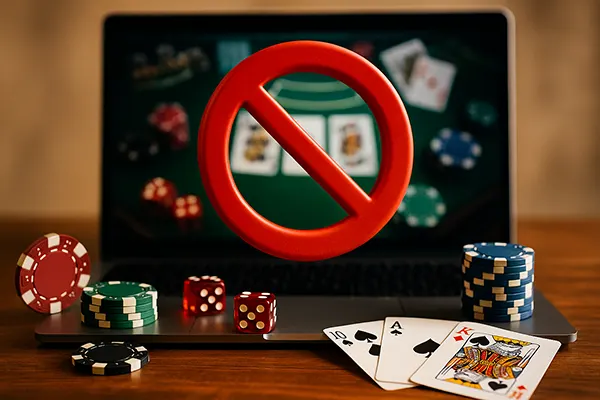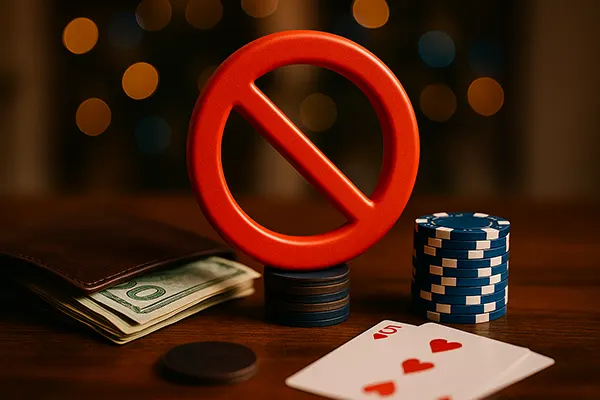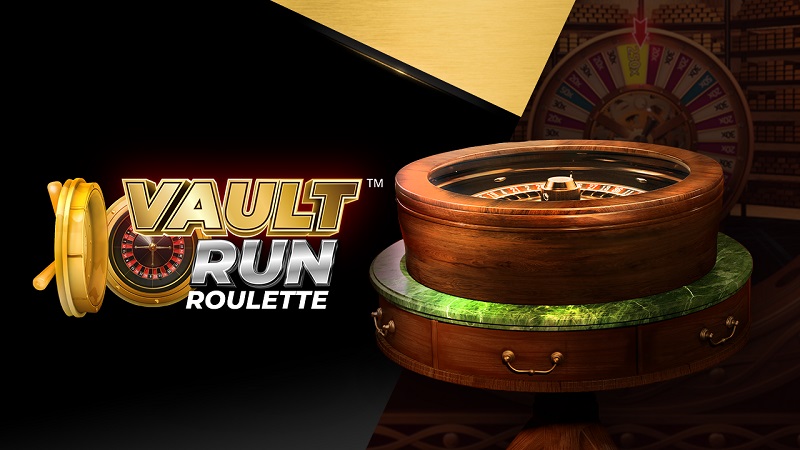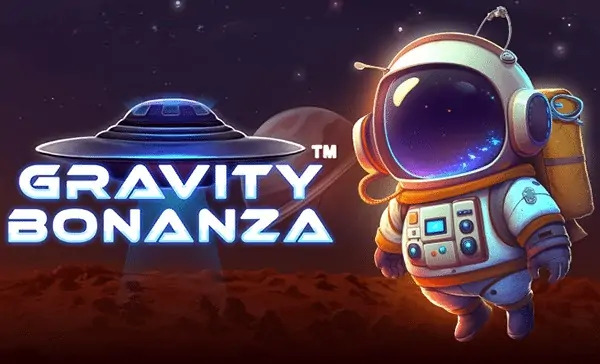
Blacklists of Online Casinos for Poker and Blackjack: Where Not to Play and Why
In 2025, players of poker and blackjack face increasing risks from unlicensed and deceptive online casinos. These risks go far beyond slow payouts or unfair games—they involve data breaches, rigged hands, and complete disappearance of winnings. To protect users, several international watchdogs and gambling communities compile updated blacklists of online casinos that exhibit fraudulent or unethical behaviour. This article outlines where not to play, what warning signs to look for, and how these blacklists are structured and maintained.
Main Reasons Casinos Are Blacklisted
Online casinos that end up on blacklists often fail to meet basic standards of fairness, transparency, and player safety. They might delay or refuse payouts without explanation, use fake software that manipulates results, or operate without any official licence. These actions not only damage the reputation of the operator but also endanger the funds and personal information of players.
One of the most frequent issues is the confiscation of legitimate winnings. In some cases, players are accused of violating obscure or contradictory terms, which allows the operator to cancel payouts entirely. Moreover, technical irregularities—such as server outages during key poker hands—may indicate deeper systemic manipulation rather than coincidence.
Some blacklisted casinos are also tied to criminal activity, including identity theft and money laundering. Players report unauthorised transactions, misuse of submitted documents, or demands for unnecessary personal data during verification processes. These are critical red flags every poker and blackjack player must recognise early on.
Verification Problems and Document Abuse
Casinos flagged for verification abuse commonly stall withdrawals by requesting excessive documentation repeatedly. In verified cases, players have been asked to resubmit the same paperwork dozens of times, without clear justification. This tactic is used to delay or ultimately deny withdrawal attempts.
In more severe examples, blacklisted operators misuse the uploaded documents. Identity theft linked to rogue gambling sites has risen steadily, especially when users submit utility bills, passports, or bank statements. These materials are sometimes sold or reused across criminal networks without the victim’s knowledge.
Top-rated watchdog sites like Casinomeister and AskGamblers frequently update their blacklists based on user complaints about document misuse, so checking them before registration is essential in 2025.
Top Blacklisted Casinos in June 2025
As of June 2025, several notorious names are repeatedly flagged across multiple watchdog platforms. These include sites operating without licences, those falsely claiming to be regulated, and others impersonating reputable gambling brands. One alarming trend is the cloning of popular online casinos—creating near-identical copies to trick players into signing up and depositing real money.
Examples include “LuckyAce365” (a fake clone of a legitimate operator), “ProCardLive” (accused of stealing player funds in multiple countries), and “RoyalBlackPoker” (operating without any regulation and issuing fake RNG certificates). These names appear consistently on international blacklists and forums.
In some cases, these casinos rebrand after being exposed—changing domain names or interface colours to disguise their history. That’s why it’s important to check not just the domain name but the licence number and corporate operator behind it.
Community Reports and Whistleblowing
Players play a key role in the detection and exposure of rogue gambling sites. Online forums, Reddit threads, and Telegram channels host discussions where individuals share screenshots, transaction logs, and communication histories with casino support teams. These records often serve as primary evidence for investigations.
Whistleblowers have also emerged from within these operations, providing anonymous tips to regulatory bodies. In 2025, several key blacklisting events were initiated by internal sources revealing server manipulation and non-existent banking partnerships.
Sites like Trustpilot and SiteJabber, although not dedicated to gambling, also host dozens of reviews exposing patterns of misconduct. When the same complaints surface repeatedly, they reinforce the credibility of blacklist entries.

How to Identify a Dangerous Casino Before You Register
Prevention is the best strategy. Players can avoid most blacklisted operators by doing background checks before registration. This includes verifying the gambling licence with the issuing authority (such as the Malta Gaming Authority or the UK Gambling Commission) and inspecting the casino’s privacy policy and payment terms.
Pay attention to transparency around bonuses and wagering requirements. Rogue casinos often use misleading promotions to lure players into high-risk deposits. The moment you see unclear terms, excessive verification hurdles, or poor English grammar in T&Cs—proceed with extreme caution.
Additionally, check review sites for recurring complaints, especially regarding payment speed, customer support, and random number generator (RNG) fairness. If you see phrases like “payout locked,” “account suspended after win,” or “fake licence,” these are major warning signs.
Safe Alternatives and Whitelists
To counterbalance blacklists, there are also whitelists—catalogues of verified and trusted casinos for poker and blackjack. These are compiled by licensing bodies, professional gamblers, and review experts. Examples include the UKGC-approved operators list and independent trust marks like eCOGRA and iTech Labs.
Look for operators with consistently positive track records, third-party game audits, and transparent ownership. Trusted names usually have a long history in the industry and public financial records. Their customer support is reachable via multiple channels and responds promptly.
Players in 2025 increasingly rely on multi-source reviews—comparing ratings from at least three different watchdog sites before committing money. This multilayered approach is becoming the norm for responsible online gambling.
-
 Vault Run Roulette: Breaking into the New ...
Vault Run Roulette: Breaking into the New ...Sleek, swift, and incredibly engaging, the Vault Run Roulette is …
-
 Wild Cash x9990 Slot Review
Wild Cash x9990 Slot ReviewWild Cash x9990 is a remarkable addition to the online …
-
 Smart and Cunning, Famous Women in Poker
Smart and Cunning, Famous Women in PokerPoker, often perceived as a male-dominated realm, has witnessed the …
-
 Gravity Bonanza Slot: A Thrilling Gaming E...
Gravity Bonanza Slot: A Thrilling Gaming E...Welcome to a review of the Gravity Bonanza slot game, …
